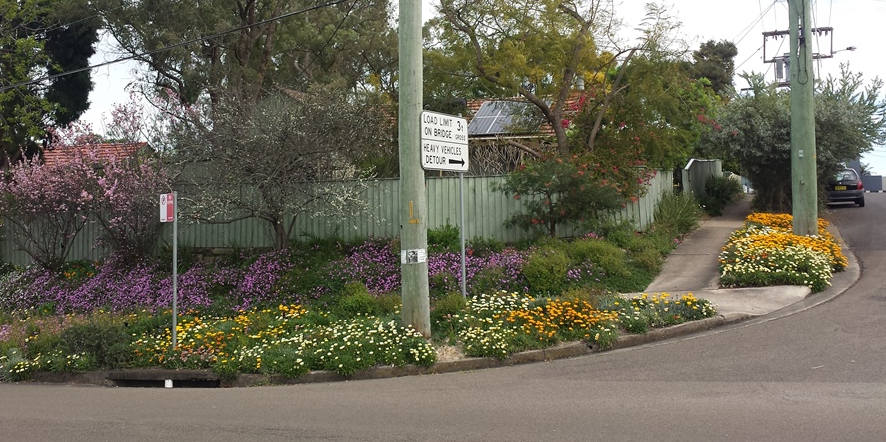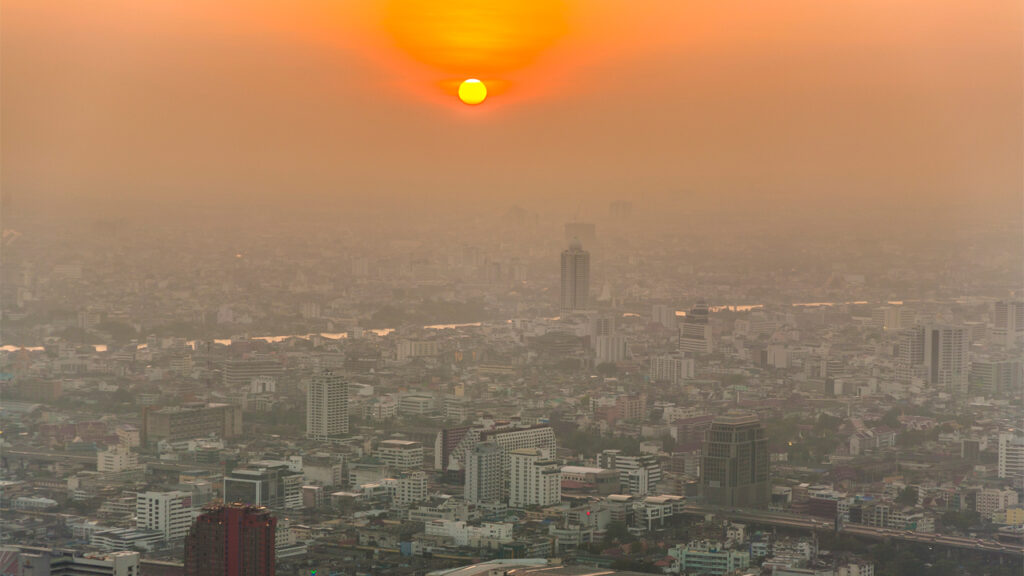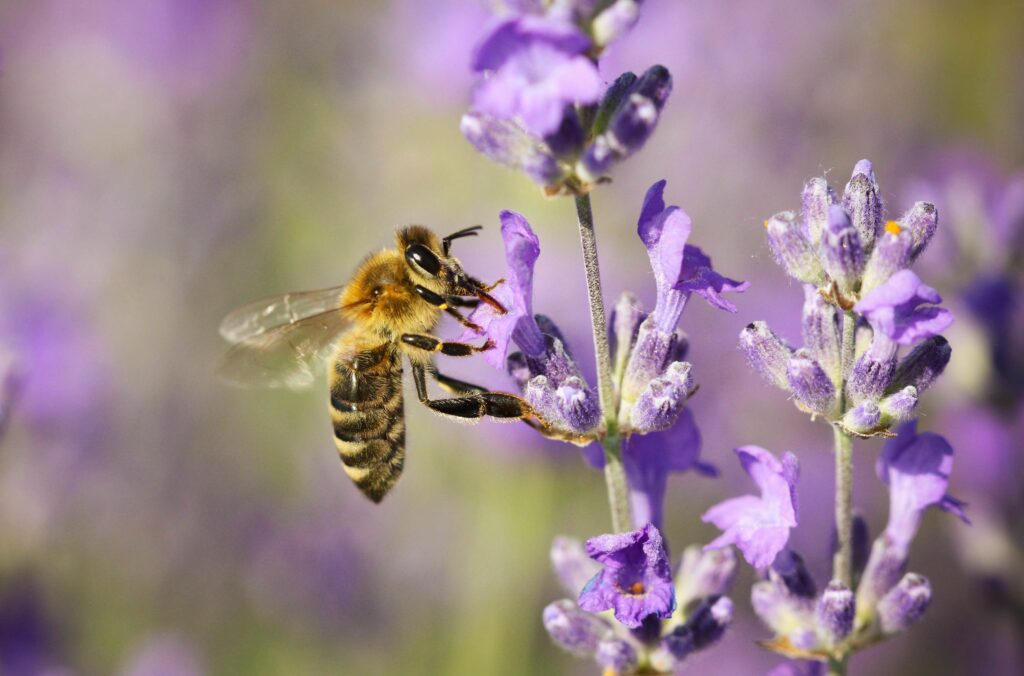
It’s a topic that’s been discussed for years but no real action has taken place - should gardening in nature strips be allowed and encouraged? With nature strips forming more than a third of Melbourne’s land, they provide a hidden opportunity to create micro forests in urban settings. As well as diversifying and improving the local biodiversity, populating these nature strips with plants have a multitude of benefits. The material makeup of urban cities, including Melbourne, means that more heat is retained without means of being reduced or relieved. With the impending climate crisis going largely unnoticed in urban areas aside from rising temperatures, populating nature strips empower urban communities to act on climate change.
There’s a name for the phenomenon of metropolitan areas being significantly hotter than its surrounding rural areas - urban heat island. Urban heat islands occur from the energy created by people, cars, buses and trains. The proximity at which large buildings, designed to insulate and retain heat, are constructed means that heat lingers in the air with no means to be reduced. All of these factors compounded together mean that during the day urban areas are 3-4 degrees higher than rural areas, and at night this increases to 12 degrees. As well as a climate issue, urban heat islands present challenges for urban designers. But there is a solution to this - green spaces, green roofs and nature strip gardens introduce plants that cool the air and provide shade.

Wunderman Thompson’s Future 100 report saw a rise in interest in urban biodiversity that encouraged local communities to plant native flora in public spaces. These small collective actions empower people to protect the planet, diversify local flora and provide more spaces for public interaction. A child who grows up in urban Melbourne and is constantly underexposed to nature won’t understand the urgency or magnitude of the climate crisis because their baseline understanding is too narrow. When it comes to the climate crisis, many individuals feel powerless against the magnitude of the issue, but nature strip planting provides an opportunity to empower communities in urban settings.
The Heart Gardening Project (THGP) is the result of Emma Cutting’s desire for her daughter to grow up surrounded by nature. Now they have plans to finish an 8km long wildlife corridor between Westgate Park and the Royal Botanical Gardens to reinvigorate the native flora population and reverse the native pollinator crisis. Biodiversity plays an important role in flood reduction and agriculture - pollinators are responsible for a third of the world’s crop production and trees, bushes and wildlands slow down water and help soil absorb water. Through this project, THGP hopes to empower individuals to fight climate change and reverse the damage to the local environment.
For decades the standard in urban development was that nature strips were covered in grass, which more often than not would be the responsibility of local residents to mow and take care of. As THGP has shown, gardening in nature strips might just hold the answer to Melbourne’s local climate crisis.

